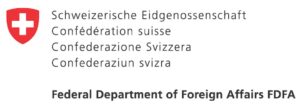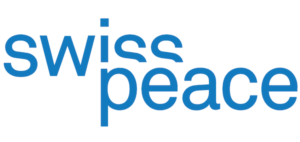This report presents a comprehensive survey of the sources and mechanisms of weapon transfers into South Sudan’s civil war since the start of the conflict in December 2013. It has three core findings, all of which may be relevant for the enforcement of the international arms embargo that the United Nations
Security Council imposed on South Sudan on 13 July 2018.
First, South Sudan’s immediate neighbours have been the main conduits, and sometimes sponsors, of weapon supplies to all sides in the conflict. These cross-border supplies have in some cases included weapons, ammunition, and aircraft lawfully exported to South Sudan’s neighbours from China, the European Union, and the United States. There is no suggestion that the exporting countries were aware of the possible diversion of their materiel to South Sudan, or that they were complicit in the diversion. Nonetheless these retransfers may have breached end-use or non-retransfer commitments made to exporters as a prior condition of sale. In several such cases, opaque commercial intermediaries may also have hindered the capacity of national export control authorities to make full diversion risk assessments prior to export.
Second, European and US arms transfers to South Sudan’s neighbours have involved a wider international circle of European, Israeli, and US individuals and companies. In some cases, these individuals and companies have been unwitting suppliers to the South Sudan conflict. In other cases, they have liaised directly with senior representatives of South Sudan’s national army, the Sudan People’s Liberation Army (SPLA), and the main opposition forces, the SPLA-in-Opposition (SPLA-IO) to supply weapons and related equipment via South Sudan’s neighbours. This report provides the first public evidence of direct liaison between these commercial suppliers and the parties to the conflict. Such activities may in some cases fall under European Union (EU) and US arms control mechanisms—notably the longstanding EU embargoes on Sudan and South Sudan, and extraterritorial dimensions of US arms control laws.
Finally, the SPLA and SPLA-IO have each relied on air assets to deliver weapons and personnel into the conflict’s major operational theatres. The SPLA, in particular, has used foreign commercial logistics providers to do so. The EU has begun to place diplomatic pressure on at least one of these logistics suppliers through the state where the company and its aircraft are registered. Under the new UN Security Council embargo, other countries may similarly be able to increase diplomatic pressure and scrutiny on logistics providers and commercial air assets operating in South Sudan.






